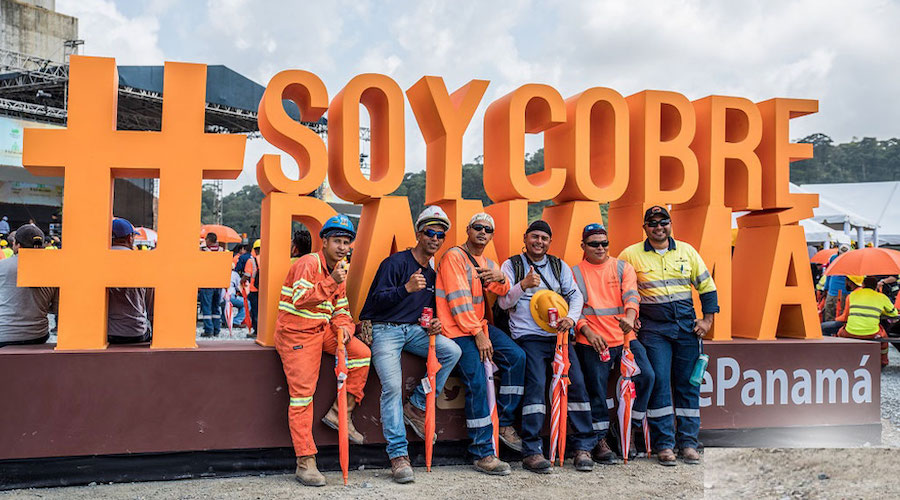Introduction
Panama's President José Raúl Mulino has taken a firm stance against signing a new legal mining contract with Canada’s First Quantum Minerals (TSX: FM) for the operation of the Cobre Panamá copper mine. The mine, valued at $10 billion, has been shuttered since late 2023 due to ongoing disputes, and Mulino's recent statements signal a challenging road ahead for the Canadian company.
Key Developments
Speaking at an industry event in Panama City, Mulino explicitly stated, "There will be no legal contract for mining," as reported by local media. He emphasized that any such contract would require approval from Panama’s national assembly, which he believes is unlikely to support a deal. Instead, Mulino hinted at exploring alternative structures, such as forming an association with First Quantum, to ensure the mine remains under Panamanian control and benefits its people.
The Cobre Panamá mine, Central America’s largest open-pit copper operation, was a significant contributor to Panama’s economy, accounting for roughly 5% of the country’s GDP before its closure. In 2023, it produced over 330,000 tonnes of copper and was on track to become one of the world’s largest copper producers by the end of 2024. However, if the decision is made to close the mine permanently, Mulino noted that the process could take up to 15 years due to its massive scale.
Analysis and Perspective
While Mulino’s stance reflects a desire to prioritize national interests and public sentiment, it raises questions about the feasibility of alternative arrangements. The rejection of a legal contract could deter foreign investment in Panama’s mining sector, as companies like First Quantum may seek clearer legal protections elsewhere. Furthermore, the proposed association model lacks specifics—how will ownership and profits be shared, and what guarantees will be in place for operational stability? Mulino’s call to "be smart and get the most benefit" for Panamanians is commendable, but without a transparent framework, this approach risks prolonging uncertainty for all stakeholders.
It is also worth noting that First Quantum has shown willingness to negotiate by dropping its arbitration case against Panama, meeting one of Mulino’s preconditions for resuming talks. However, with no direct meetings between the president and company executives yet, the path to resolution remains unclear.
Economic and Global Implications
The closure of Cobre Panamá has already impacted Panama’s economy and could have broader implications for the global copper market, especially as demand for the metal rises with the green energy transition. A prolonged shutdown or unclear operating model may hinder Panama’s ability to capitalize on this critical resource, while also affecting First Quantum’s position as a major player in the industry.
